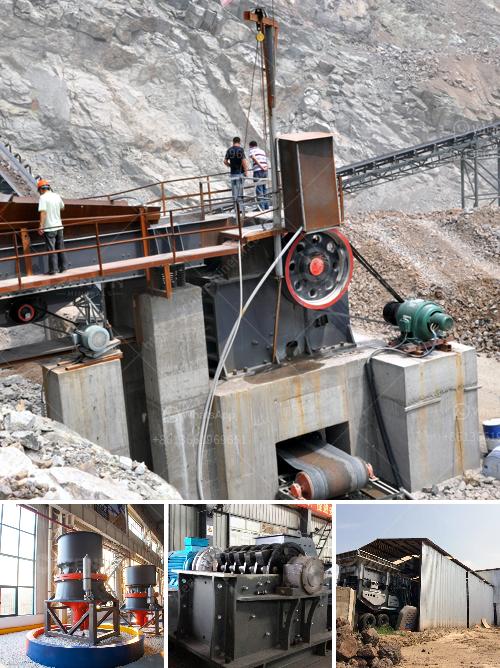The price of a small crusher machine is influenced by several factors, including:
Type of Crusher: Different types of crusher machines, such as jaw crushers, cone crushers, impact crushers, and hammer crushers, vary in price due to differences in design, functionality, and application.
Capacity: The production capacity of the crusher affects its price. Higher capacity machines generally cost more due to their ability to process larger amounts of material.
Material and Build Quality: Crushers made from high-quality, durable materials and components tend to be more expensive. Consideration of the build quality is crucial for longevity and performance.
Technology and Features: Advanced technology and additional features like automation, efficiency enhancements, and ease of maintenance can increase the cost of the machine.
Brand and Manufacturer: Well-known and reputable brands often charge more due to their established reputation, customer service, and reliability of their products.
Market Demand: High demand for crusher machines in certain industries or regions can drive up prices. Conversely, low demand can lead to competitive pricing.
Import and Export Costs: If the machine is imported, tariffs, shipping costs, and taxes can affect the final price.
Supplier and Distributor Margins: Different suppliers and distributors may have varying pricing strategies, affecting the end cost to the consumer.
Customization Needs: Custom features or adaptations to meet specific requirements can increase the overall cost of the machine.
Regulatory Compliance: Compliance with local regulations and standards for safety and emissions may add to the cost through additional certifications or design modifications.
Considering these factors can help buyers understand the pricing structure and make informed purchasing decisions based on their specific needs and budget constraints.
